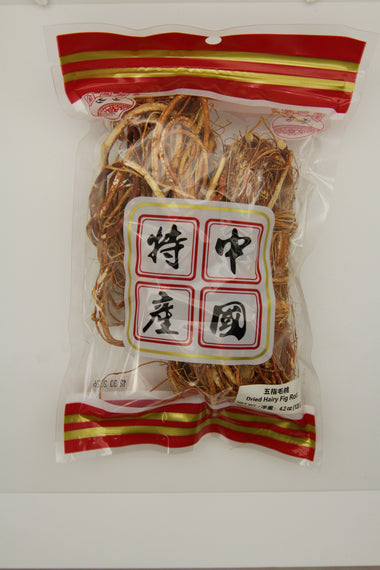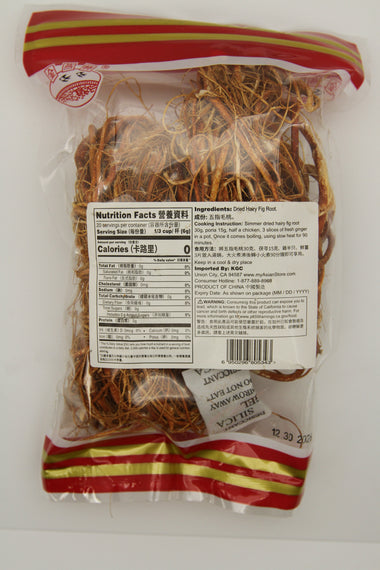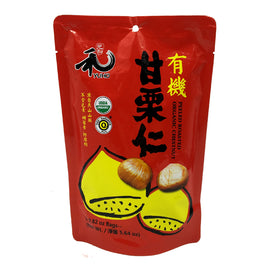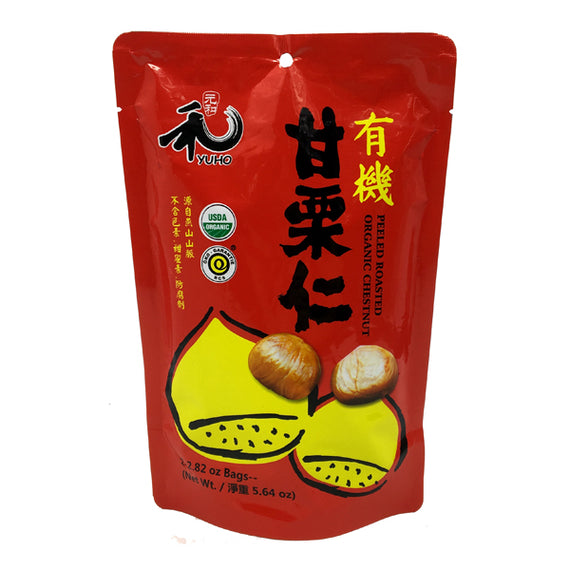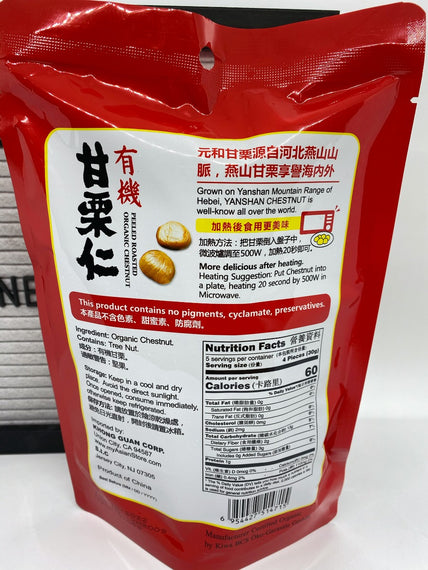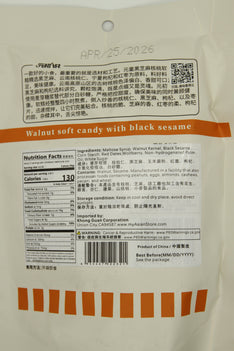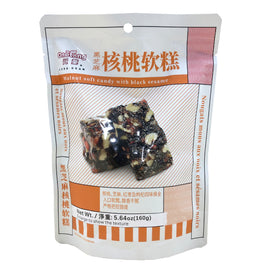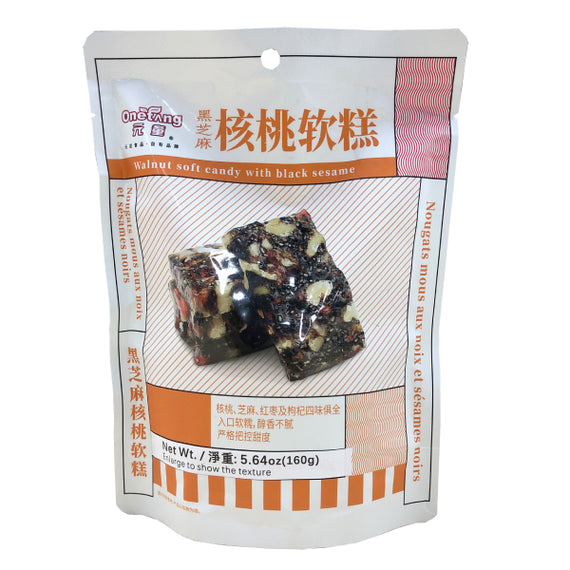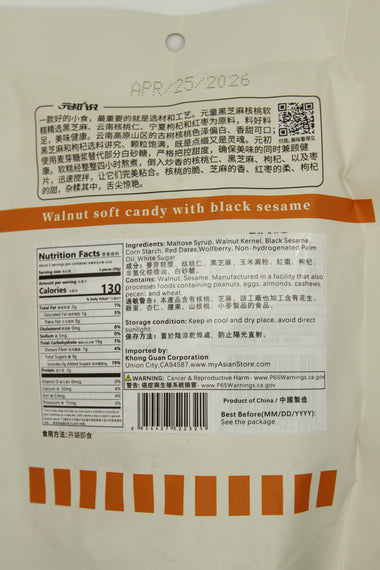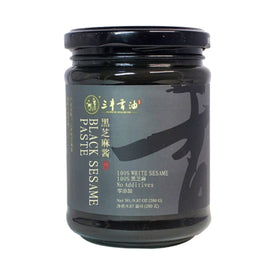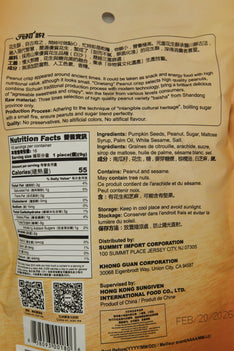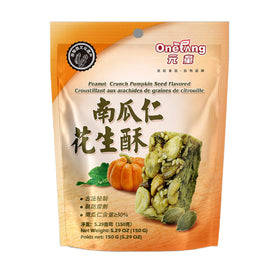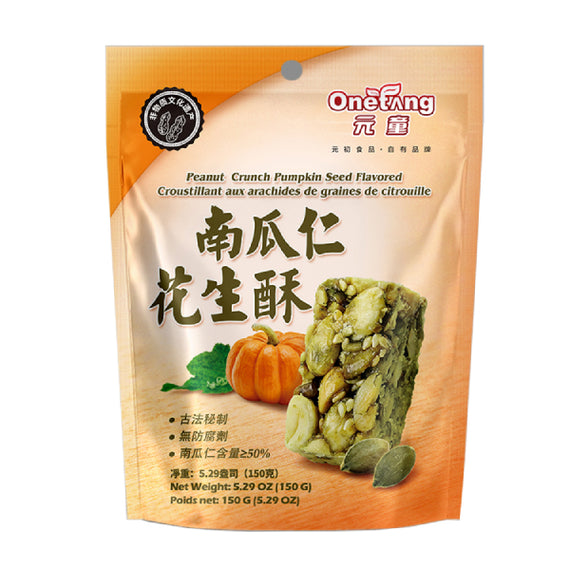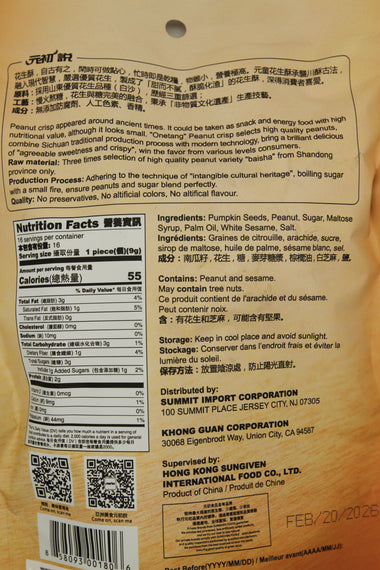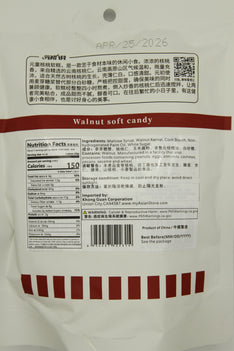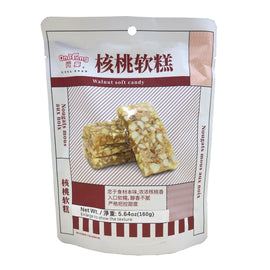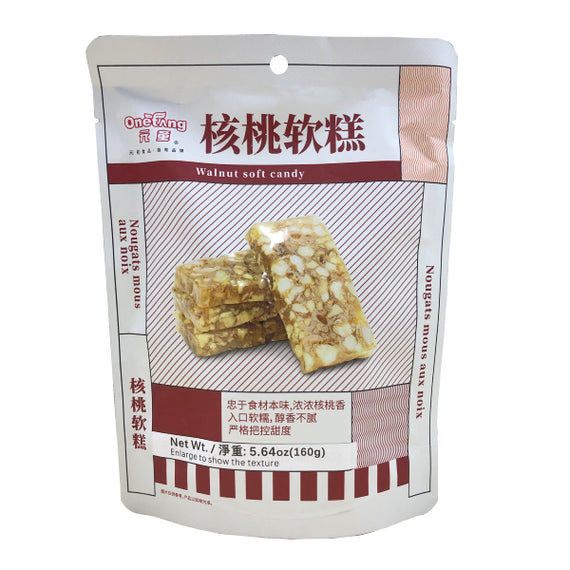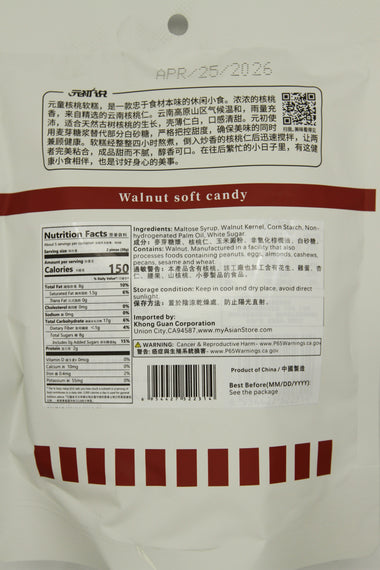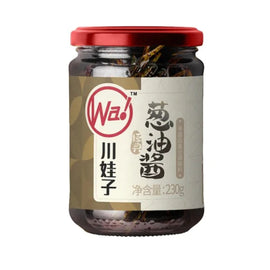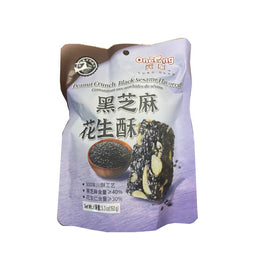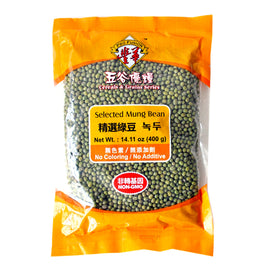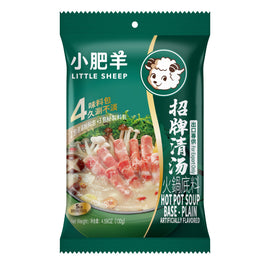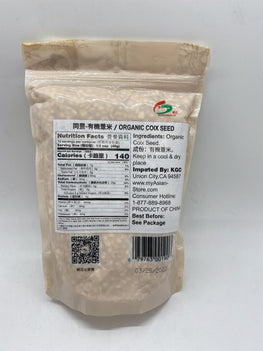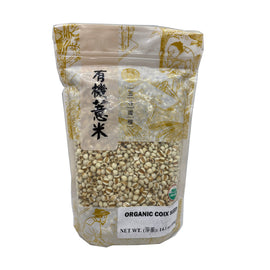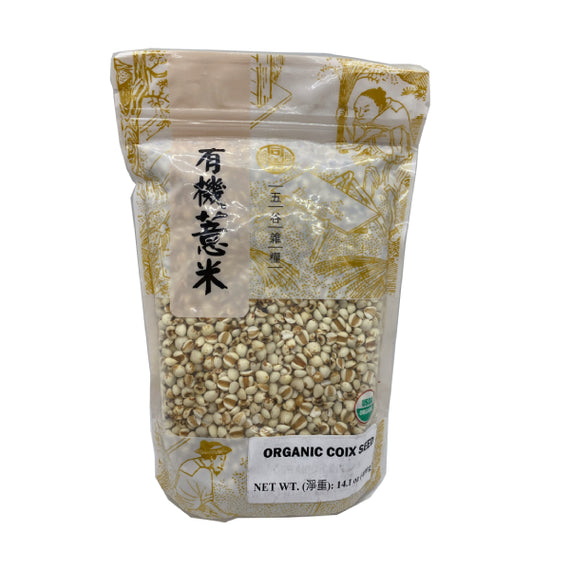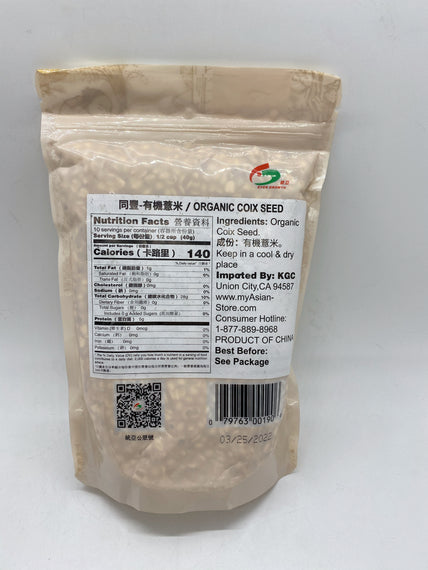Product successfully added to your shopping cart
GOLDED SWALLOW BRIDGE DRIED FICUS HIRTA 金燕橋-A級五指毛桃
Unlock the Secret of Your Coconut Soup: The Ancient Chinese Herb Hiding in Your Pantry
You’ve followed the recipe to the letter. You’ve used the freshest coconuts, the richest cream, and the most aromatic herbs. Yet, your homemade coconut soup never quite reaches that profound, almost mystical depth of flavor you’ve experienced in the best Asian restaurants. What’s the missing link?
The answer might lie not in your spice rack, but in your local Asian herbalist. It’s a humble, wrinkled fruit known as Dried Ficus Hirta, and it’s the culinary and medicinal secret you’ve been searching for.
Meet Ficus Hirta: More Than Just a Fig
Known in Mandarin as 五指毛桃 (Wǔ Zhǐ Máo Táo), which translates to "Five Fingers Hairy Peach," this herb is the dried root or fruit of the Ficus hirta plant. While it belongs to the fig family, its true value in Traditional Chinese Medicine (TCM) is legendary. For centuries, it has been a revered tonic, prized not for a bold, overpowering taste, but for a subtle, transformative aroma.
The Medicinal Powerhouse: A Pillar of Wellness
In the philosophy of TCM, health is a state of balance. Ficus hirta is classified as a Qi-tonifying herb, meaning it helps to strengthen the body’s vital energy, or Qi. It specifically targets the Spleen and Lungs, two systems crucial for digestion and immune defense.
Here’s why it’s a staple in Chinese medicine:
-
Strengthens the Spleen and Dispels Dampness: It's renowned for improving digestive function, alleviating symptoms like fatigue, poor appetite, and bloating. It helps the body eliminate excess "dampness," a TCM concept often associated with fluid retention and a feeling of heaviness.
-
Boosts the Lungs and Relieves Coughs: Its ability to tonify Lung Qi makes it a go-to remedy for chronic coughs, asthma, and general respiratory weakness.
-
Promotes Bone and Tendon Health: It is often used in formulas to alleviate rheumatic pain and improve mobility.
-
Enhances Lactation: Traditionally, it has been used to support new mothers by promoting healthy milk flow.
Modern scientific studies have begun to validate these traditional uses, identifying anti-inflammatory, antioxidant, and immunomodulatory compounds within the herb. It’s typically prepared as a decoction—simmered for hours in water to make a healing, fragrant tea or soup base.
The Culinary Magic: Your Secret for Rich Coconut Flavor
Now, for the secret you’ve been waiting for. When dried Ficus hirta is simmered, it releases an incredibly potent and delightful aroma that is uncannily reminiscent of toasted coconut and creamy almonds. This is not an overpowering artificial flavor; it’s a deep, nutty, and earthy fragrance that forms the most perfect, natural foundation for any coconut-based dish.
This is why your soup might be missing that "restaurant-quality" touch. Many chefs, particularly in Southern Chinese and Southeast Asian cuisines, have known this for generations. They use Wu Zhi Mao Tao not just for its health benefits, but as a natural flavor enhancer that makes the coconut flavor in a soup taste more like itself.
How to Use It in Your Kitchen: A Simple Guide
Incorporating this secret ingredient into your next pot of coconut soup is remarkably easy.
Recipe: Ultimate Fragrant Coconut Chicken Soup
Ingredients:
-
1 large chicken thigh or 4-5 chicken wings (on the bone for flavor)
-
1-2 pieces of dried Ficus hirta (approx. 20-30 grams)
-
4 cups of good-quality coconut water or light coconut milk
-
2 slices of ginger
-
2-3 red dates (optional, for sweetness)
-
Salt, to taste
Instructions:
-
Rinse: Quickly rinse the dried Ficus hirta pieces under cold water to remove any dust.
-
Simmer: In a pot, combine the chicken, Ficus hirta, ginger, and red dates. Cover with coconut water/milk and an additional cup of plain water.
-
Cook Low and Slow: Bring to a boil, then immediately reduce to the gentlest possible simmer. Partially cover and let it cook for at least 2 hours, or up to 4. The long, slow simmer is crucial for extracting the full aroma and medicinal properties.
-
Season and Serve: Skim off any excess fat from the surface. Season with salt to taste. The result will be a beautifully clear, aromatic broth with a rich, complex coconut flavor that is entirely natural and deeply nourishing.
Pro Tip: You can find dried Ficus hirta in any well-stocked Chinese herbal medicine store or online. Look for pieces that have a strong, pleasant coconut-almond smell even in their dried state.
So, the next time you crave a bowl of coconut soup that is both delicious and deeply restorative, look beyond the can. Embrace the ancient wisdom of Traditional Chinese Medicine and let dried Ficus hirta work its magic. Your taste buds—and your body—will thank you.
Product of China
Net Weight: 120g

